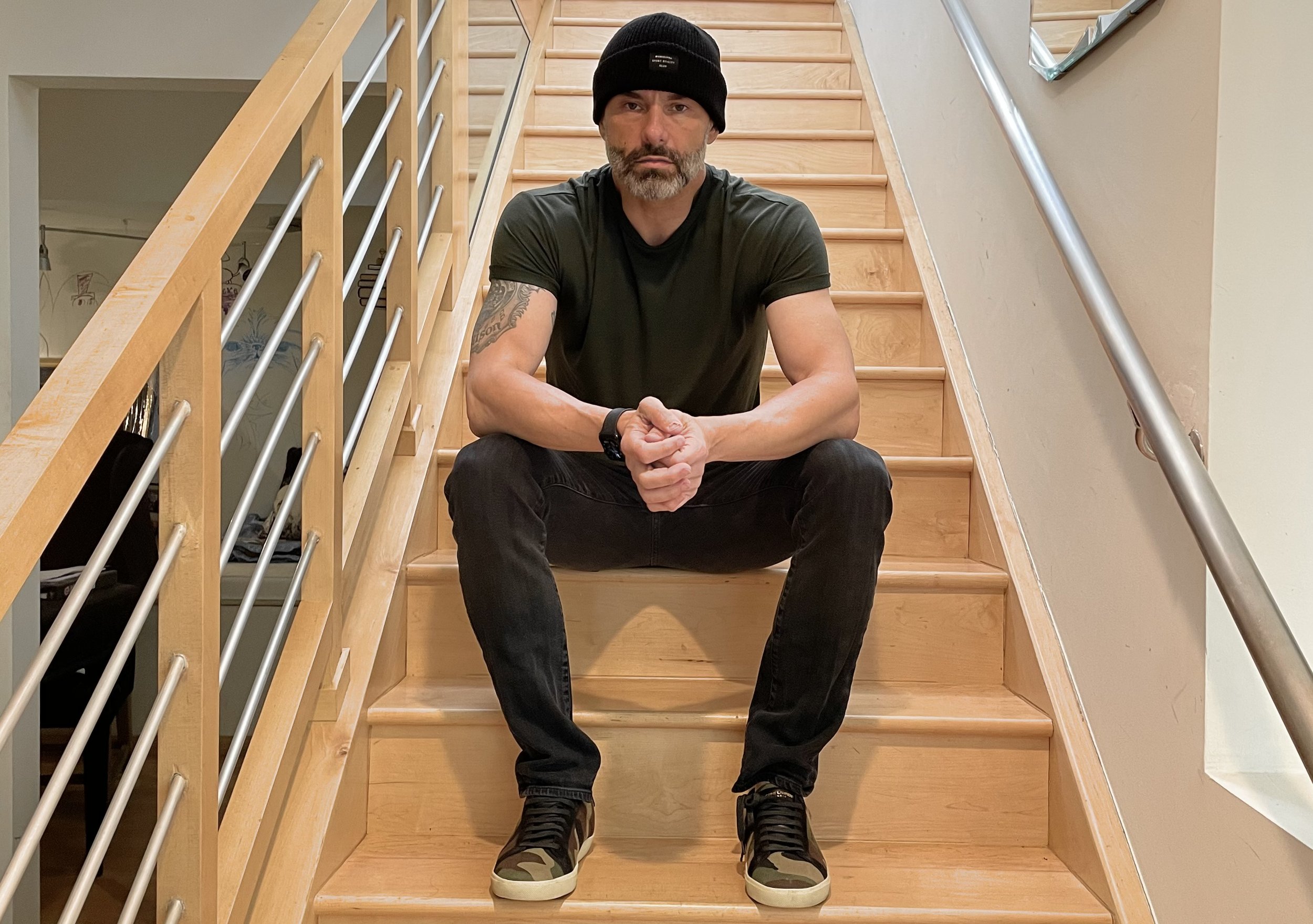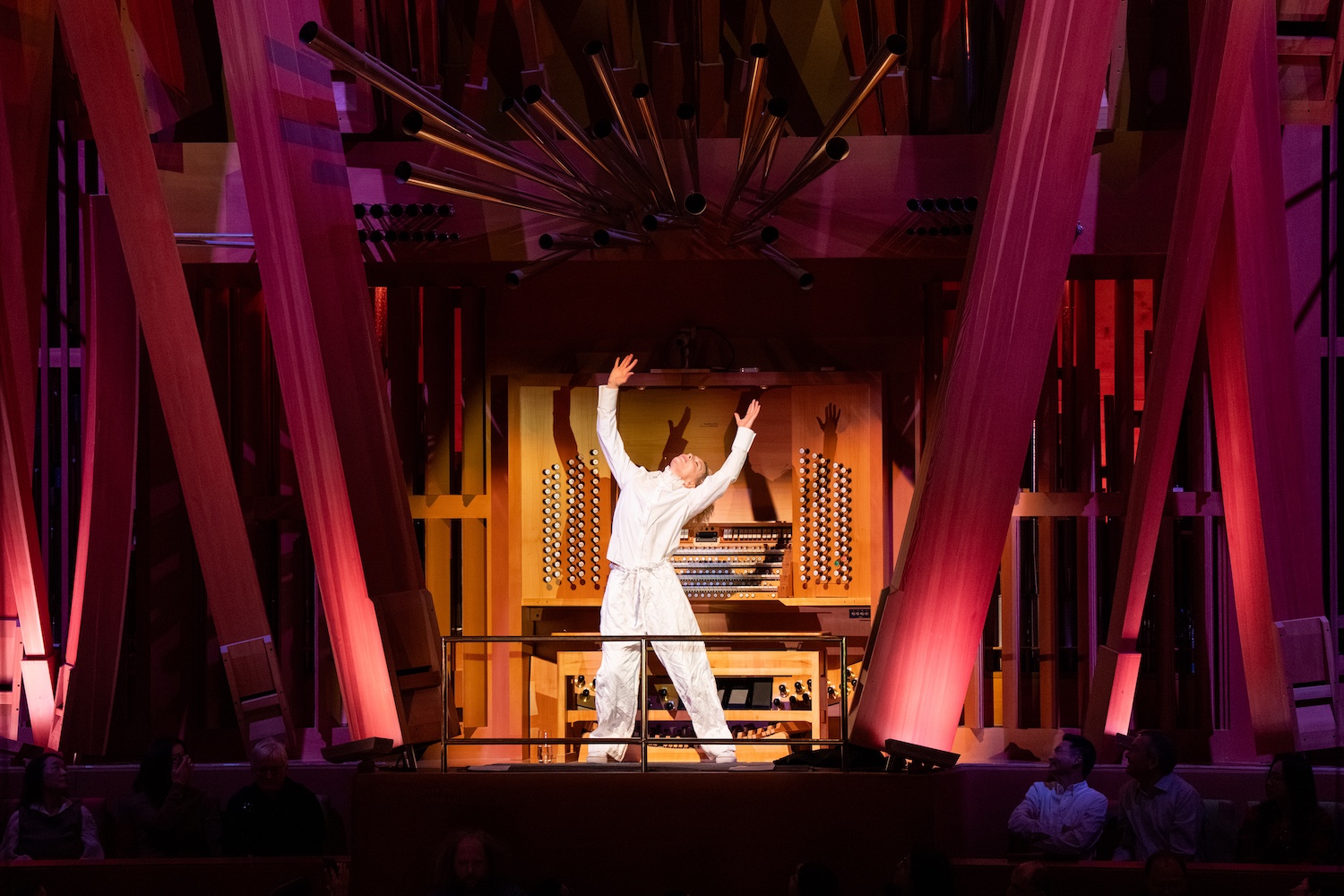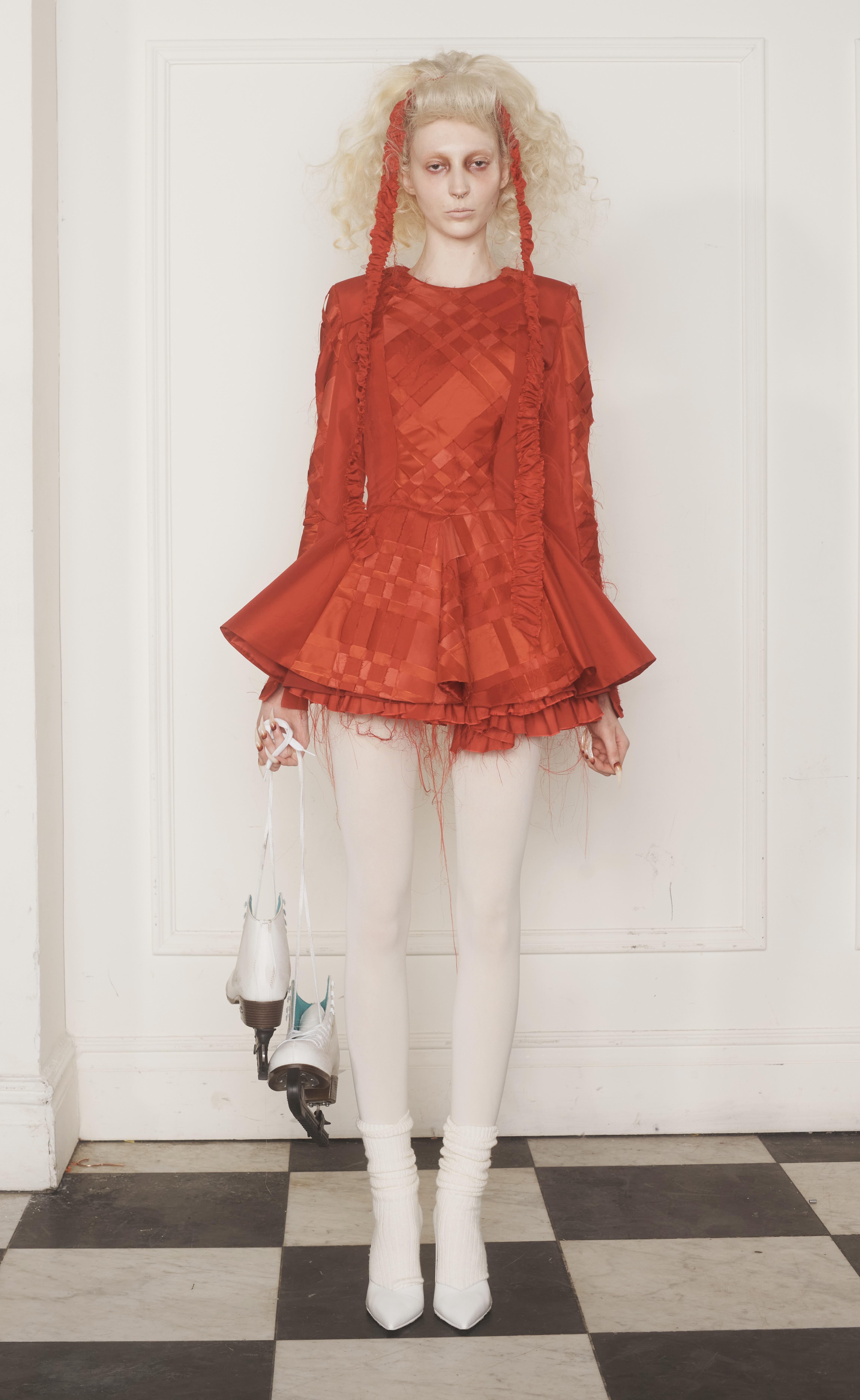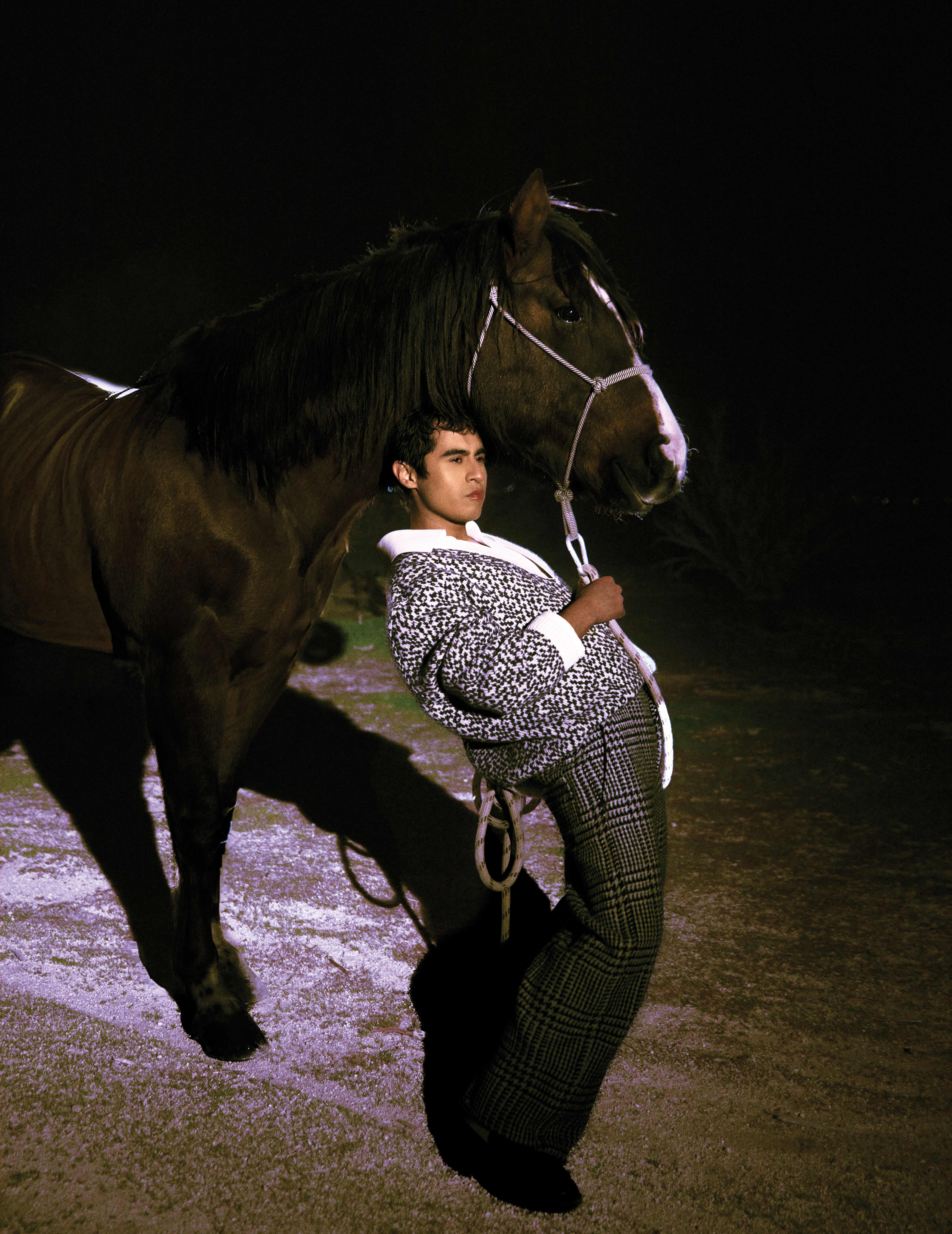
Since we last caught up with serial entrepreneur and legal eagle, Charles Lew, a lot has changed in the world. Yes, a global pandemic, a seismic shift in federal government, and locally, a handful of professional sports championships have come home to roost in our fair city of LA. And while we might be able to categorize and quantify the aforementioned happenings, be they sorrowful or joyous, into timelines, data, and economic impact, another major manifestation that has ballooned in recent years feels exponentially impossible to define and predict: the metaverse. The metaverse, which Oxford defines as “a virtual-reality space in which users can interact with a computer-generated environment and other users”, has exploded over the last couple of years as a new frontier for entertainment, business, education, urban development, legal proceedings, and beyond.
Despite the rapidly evolving concept, Lew, a Small Business Commissioner for the City of LA, is determined to make the on-boarding and implementation of the metaverse into our everyday lives coherent and seamless. Beyond numerous speaking engagements (Lew recently featured on a hugely viewed panel for networking site, LinkedIn), he’s platforming recent entrepreneurial IRL projects, like DTLA’s The Bike Shed, or members only Scotch club, The Firm, to both see metaverse iterations that will diversify the consumer experience. Building these projects from brick and mortar into the virtual world has created a relevant and exciting expertise at the heart of these panels. As well, Lew, whose firm, The Lew Firm, is based in Beverly Hills, is leading the charge to make the metaverse a buoyant and dynamic legal atmosphere, where court proceedings and day-to-day legal activity can flourish. Lew is anchoring this effort by establishing his alma mater, Loyola Law School, at the heart of a metaverse legal plaza.
Lew is one of those individuals whose hard-earned rolodex includes congressional leaders, actors, publishers, restaurant and hospitality groups, and a range of established real estate successes, but regardless, at his core is a curiosity for innovation and a passion for the City of Angels. Here we enjoy a quick conversation about the Big Bang of the metaverse and what it might mean for anyone with a similar curiosity.
A lot is not known about the metaverse. What do we know?
What we know is that it is going to be a trillion dollar market opportunity this year and potentially ten times that by 2030. We know that it has the potential to revolutionize almost every aspect of our lives, and we know that it’s not a fad. Despite the fact that people are apprehensive, almost fearful of it, it’s here to stay!
The metaverse can read like a playground for the highly educated and wealthy. How might it help the working poor and disenfranchised?
One of the most exciting aspects of the Metaverse is its conceptual ability to “level the playing field”. The Metaverse could provide fully immersive learning opportunities for individuals no matter their financial restraints or geographic remoteness. The metaverse can allow for the elderly and the disabled to gain meaningful employment that they may not have had the opportunity to, on account of physical limitations. A fully developed Metaverse could help bridge language, cultural, and geopolitical divides, and allow for communication, cooperation, and collaboration on a global scale that could never have been imagined.
You are aiming to help pilot Los Angeles into the metaverse, with a view to the 2028 Olympics as a major potential expression of this. Why is this a critical moment for our city?
I’ve stated quite often that Los Angeles is the greatest city in the world. We have seen the global community suffer tremendously during the pandemic and continue to struggle during the recovery phase, and nowhere is this more evident than the city of Los Angeles. I think often of the modern Olympics, dating back to 1896 and attended by 280 athletes from 12 countries. Over the past century, we have seen the evolution of the Olympics and we have witnessed the potential for the Olympics to be a global force for positivity. A robust and developed virtual environment is entirely plausible by 2028, and could provide for an unparalleled international experience with attendance from people of all socio-economic levels from all corners of the world. For Los Angeles, the 2028 Olympics will be superlative opportunity for the city to serve as the focal point, the hub of which will surely be the most highly attended, broadly viewed, and unifying events in the history of the world.
Do you feel that the metaverse will replicate the market instability and unpredictability we're seeing at present in the real world? Or can it more fixed and conservative?
I think that in many aspects the Metaverse will serve as an accurate micro representation of society. We will see communities and bodies of people use virtual reality as a tool to continue to preach and promulgate their ideas to their core audience. I believe that one of the positive aspects that may be realized is that virtual reality will allow for us to receive other beliefs, thoughts, and ideas in an environment that is safe and comfortable to us as individuals. For example, one could attend a convention of a different political party in an environment where they felt secure and potentially find common ground with the party or candidate. Again, the potential for dissemination of ideas and unification of communities is prodigious.
You're actively driving a lot of legal enterprise in the metaverse. What differentiates the space from the traditional law environment?
I love this question. I say frequently that the practice of law has not changed in 400 years. While this comment is made somewhat in jest there are elements of truth to it. I believe that virtual reality will be the single greatest catalyst for the imminent technological revolution of law.
You have said you feel LA is entering another 'Golden Era' of sorts. What do you attribute this to?
Take a drive around the city of Los Angeles. While there are many sights that will leave one with a sense of despondency and malaise, there are also incredibly encouraging sights to behold. The city is starting to reverberate with the entrepreneurial spirit that lured and kept many of us here. Construction is evident everywhere that one’s eyes fall, new businesses are sprouting up and filling spaces that were deserted and abandoned. and most importantly the city has never been more beautifully diverse. Los Angeles is a city of all colors, shapes, and sizes, quite simply an exquisite collage of humanity.
How might you describe your personal legacy? What are you hoping to leave behind in your many first to market moves as an entrepreneur and attorney?
I would love to believe that anything I can say or do would encourage people to realize their dreams. I cannot imagine anything more regretful than the non-realization of one’s dreams and potential. Over the past few years, I have had the blissful experience of hearing that I encouraged or inspired someone to continue to fight, to struggle, to persevere when they had nothing left… this statement from a single person is everything.
F L A U N T









.jpg)









